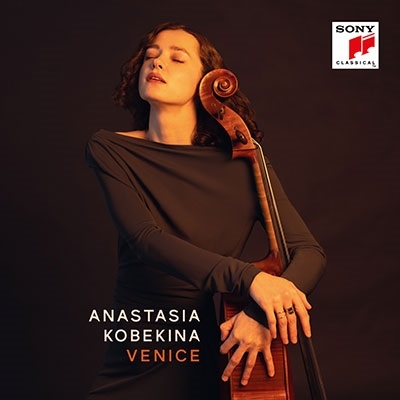詳細検索
いずれかのカテゴリを選択すると、より細かい検索が可能です。
カテゴリ
ジャンル
アーティスト名
アイテム名(商品名)
トラック名(曲名)
レーベル
規格品番
SKU
ジャンル
アーティスト名
アイテム名(商品名)
トラック名(曲名)
レーベル
規格品番
SKU
ジャンル
キーワード
アイテム名(商品名)
トラック名(曲名)
レーベル
規格品番
SKU
ジャンル
タイトル(商品名)
著者
出版社
SKU
発売日
国内輸入区分
その他
ジャンル
キーワード
タイトル(商品名)
監督、監督脚本
主演、出演、声の出演
規格品番
SKU
ジャンル
アーティスト名
アイテム名(商品名)
トラック名(曲名)
レーベル
規格品番
SKU
ジャンル
キーワード
タイトル
本文
コンテンツタイプ
掲載日
タグ
結果表示順
表示件数



